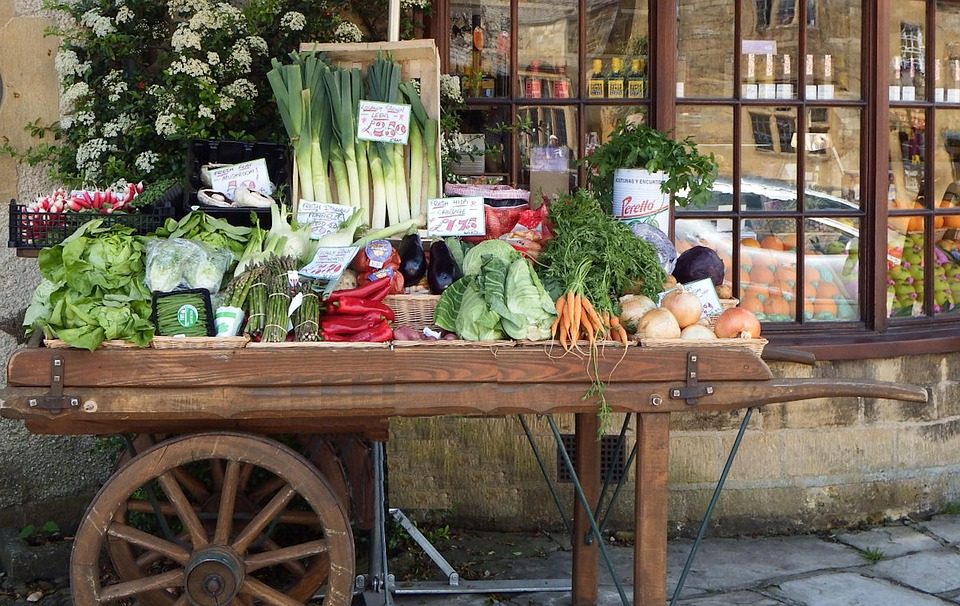The State of the Global Grocery Retail Industry in 2025: Trends, Challenges, and Opportunities
The grocery retail industry is a vital sector of the global economy, providing essential goods and services to consumers worldwide. In recent years, the industry has faced numerous challenges, including increasing competition, changing consumer preferences, and evolving food safety regulations. In this report, we will examine how grocery retail companies are responding to new food safety regulations in 2025.
The Importance of Food Safety in the Grocery Retail Industry
Food safety is a critical issue for grocery retail companies, as consumers rely on these businesses to provide safe and high-quality products. In recent years, there have been several high-profile food safety incidents that have shaken consumer confidence in the industry. As a result, regulators have implemented stricter food safety regulations to ensure the safety of the food supply chain.
Financial Implications of Food Safety Regulations
The implementation of new food safety regulations can have significant financial implications for grocery retail companies. These regulations may require companies to invest in new technology, training, and infrastructure to ensure compliance. Additionally, companies may face fines or penalties if they fail to meet regulatory requirements. As a result, many companies are increasing their budgets for food safety initiatives to avoid potential financial losses.
Market Share and Competition
The grocery retail industry is highly competitive, with numerous companies vying for market share. In recent years, there has been a trend towards consolidation in the industry, with larger companies acquiring smaller competitors to increase their market share. However, smaller companies are also finding success by focusing on niche markets and offering unique products and services. As a result, competition in the industry remains fierce.
Strategies for Compliance with Food Safety Regulations
Grocery retail companies are implementing a variety of strategies to comply with new food safety regulations. These strategies may include:
Investing in Technology
Many companies are investing in technology to improve food safety practices. For example, some companies are using blockchain technology to track the origin of products and ensure their safety. Others are implementing sensors and monitoring systems to detect potential contaminants in food products.
Training and Education
Training and education are essential components of any food safety program. Many companies are investing in training programs for their employees to ensure they understand and comply with food safety regulations. Additionally, companies are working with suppliers to educate them on best practices for food safety.
Quality Control and Testing
Quality control and testing are crucial aspects of food safety compliance. Many companies are implementing rigorous quality control measures to ensure the safety of their products. This may include regular testing for contaminants, as well as monitoring of production processes to identify potential risks.
Case Study: XYZ Grocery Company
XYZ Grocery Company is a leading grocery retailer with a strong focus on food safety. In response to new food safety regulations, the company has implemented a variety of initiatives to ensure compliance. These initiatives include:
– Investing in blockchain technology to track the origin of products
– Implementing regular testing for contaminants in food products
– Providing ongoing training for employees on food safety best practices
As a result of these initiatives, XYZ Grocery Company has been able to maintain a strong reputation for food safety and compliance with regulations.
Future Trends and Opportunities
Looking ahead, the grocery retail industry is likely to continue evolving in response to changing consumer preferences and new regulatory requirements. Companies that are able to adapt to these changes and invest in food safety initiatives are likely to succeed in the marketplace. Additionally, companies that focus on sustainability, transparency, and innovation are well-positioned to capture market share and grow their businesses in the future.
In conclusion, the grocery retail industry is facing new challenges and opportunities in 2025. Companies that prioritize food safety, compliance with regulations, and innovation are likely to thrive in this competitive marketplace. By investing in technology, training, and quality control measures, grocery retail companies can ensure the safety and quality of their products for consumers worldwide.



